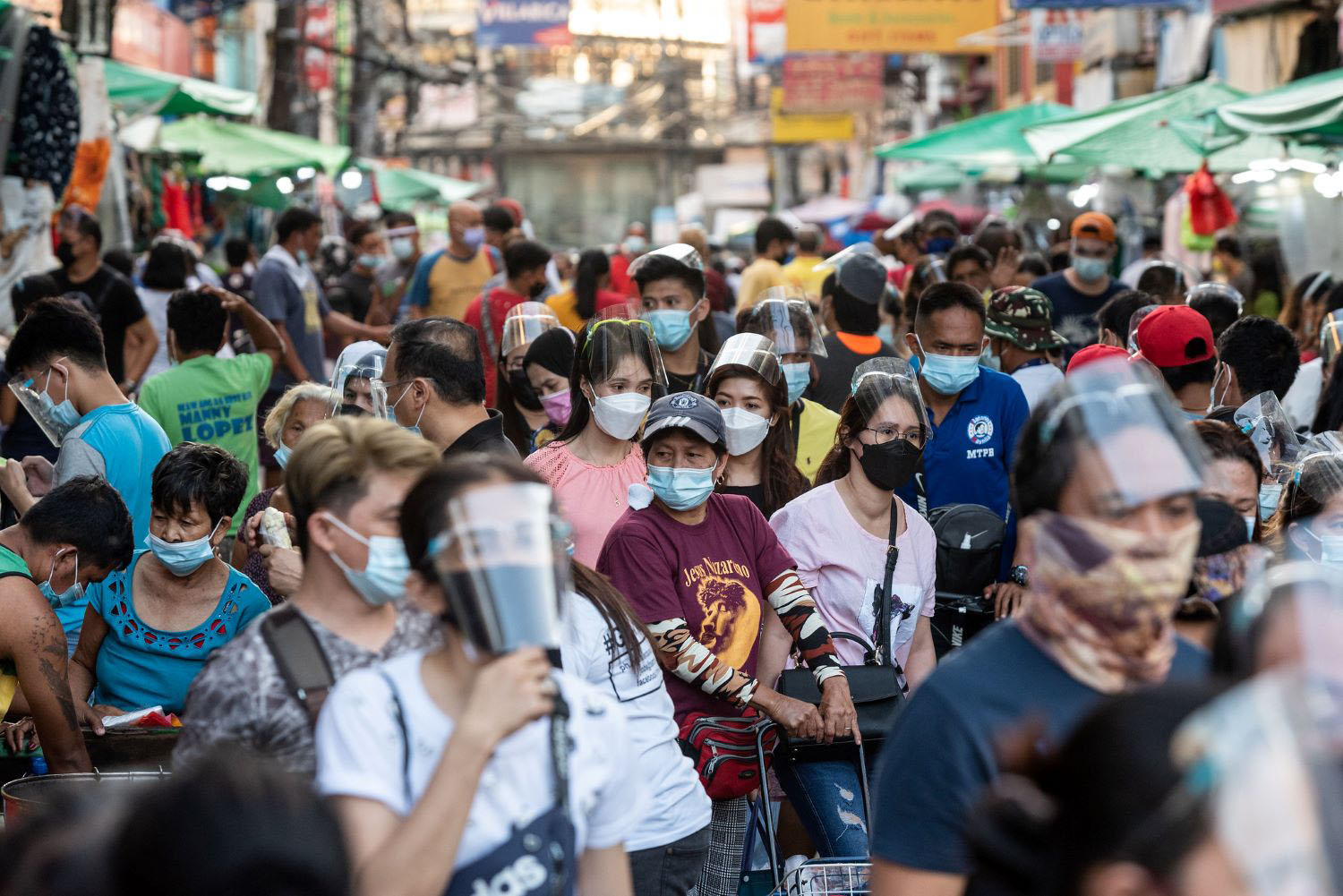Ideas to action: independent research for global prosperity
Research
Innovative, independent, peer-reviewed. Explore the latest economic research and policy proposals from CGD’s global development experts.
WORKING PAPERS
April 11, 2024
POLICY PAPERS
April 15, 2024
CGD NOTES
April 08, 2024
WORKING PAPERS
April 04, 2024
All Research
Filters:
Experts
Facet Toggle
Topics
Facet Toggle
Publication Type
Facet Toggle
Time Frame
Facet Toggle
Research
BRIEFS
November 14, 2012
Climate negotiations have focused on reaching a top-down international agreement and on mobilizing a pool of financial resources. This brief explains the urgent need for a new entity to provide nonfinancial services to faciliate and augment climate action that any nations and private actors take. It...






